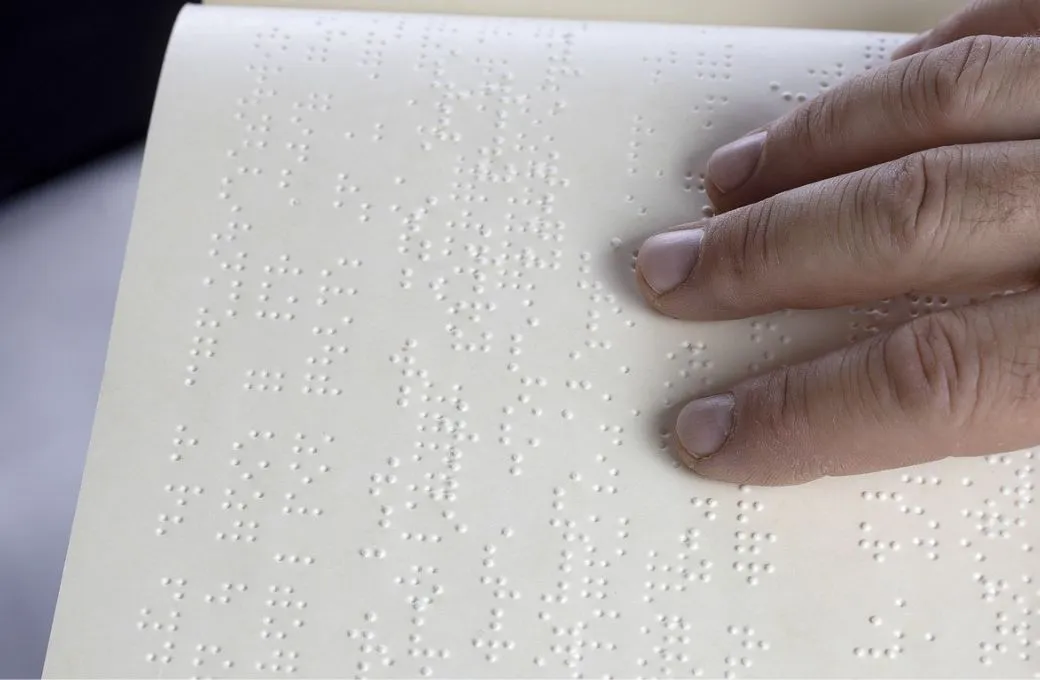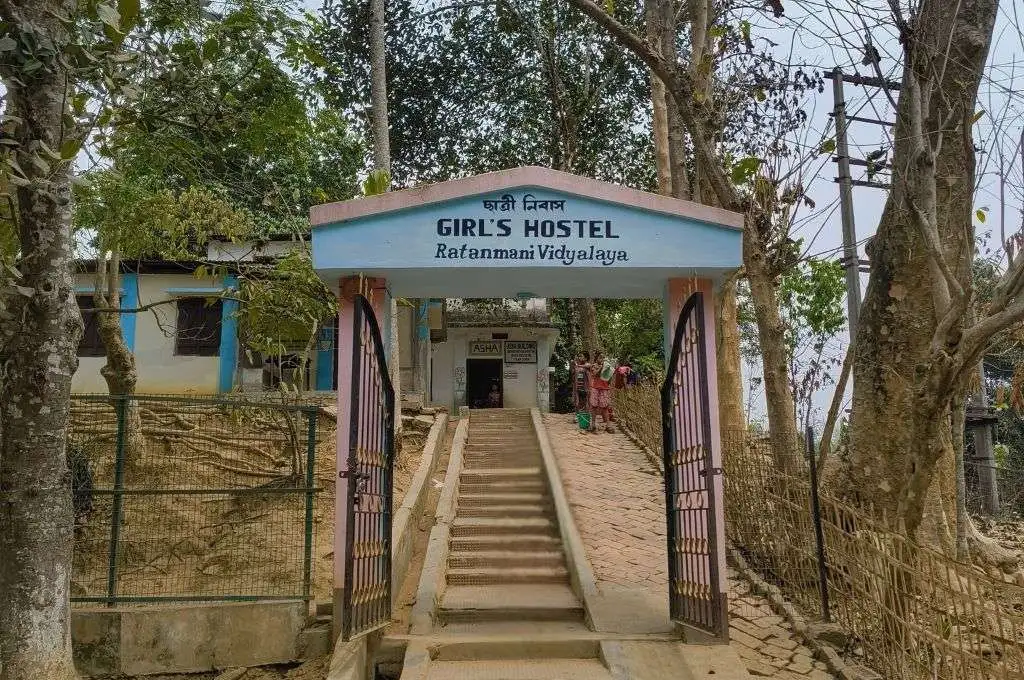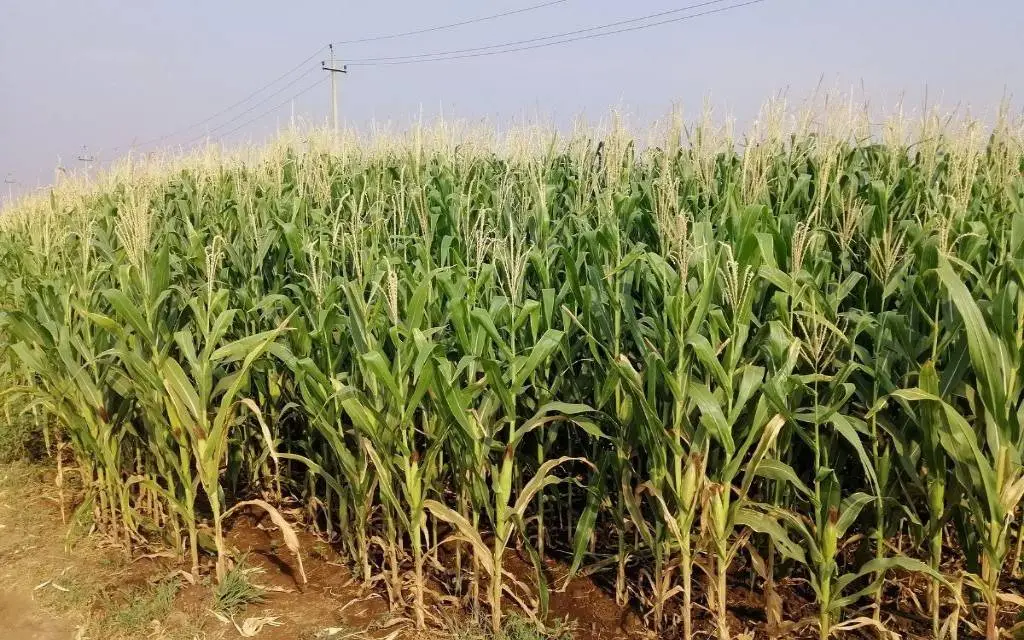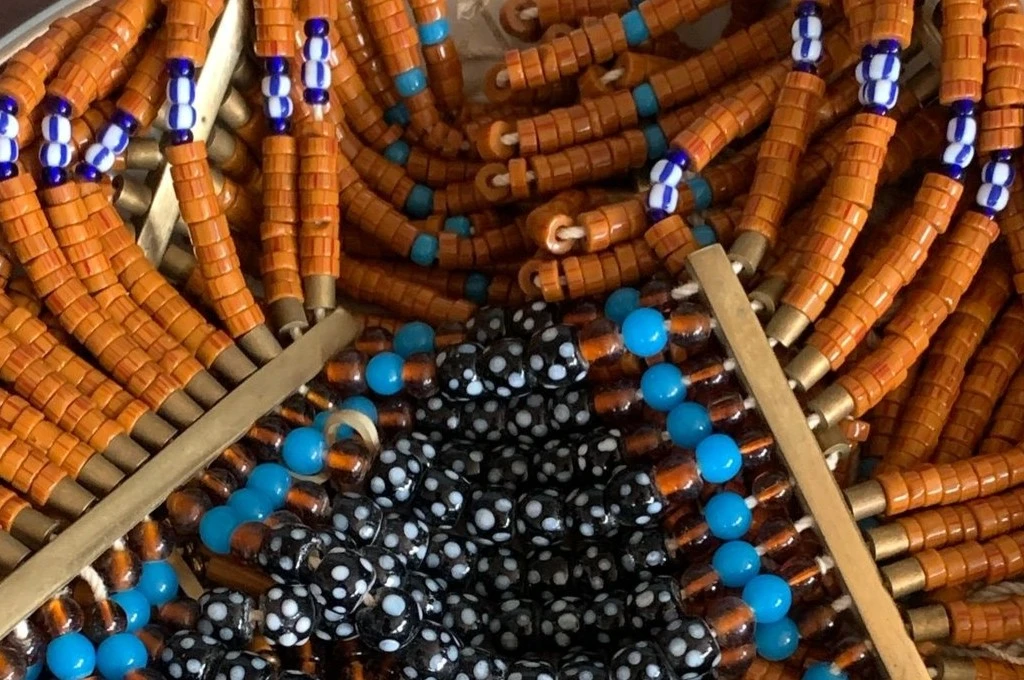Net gains: Dhivar women restore a pond and discover a livelihood
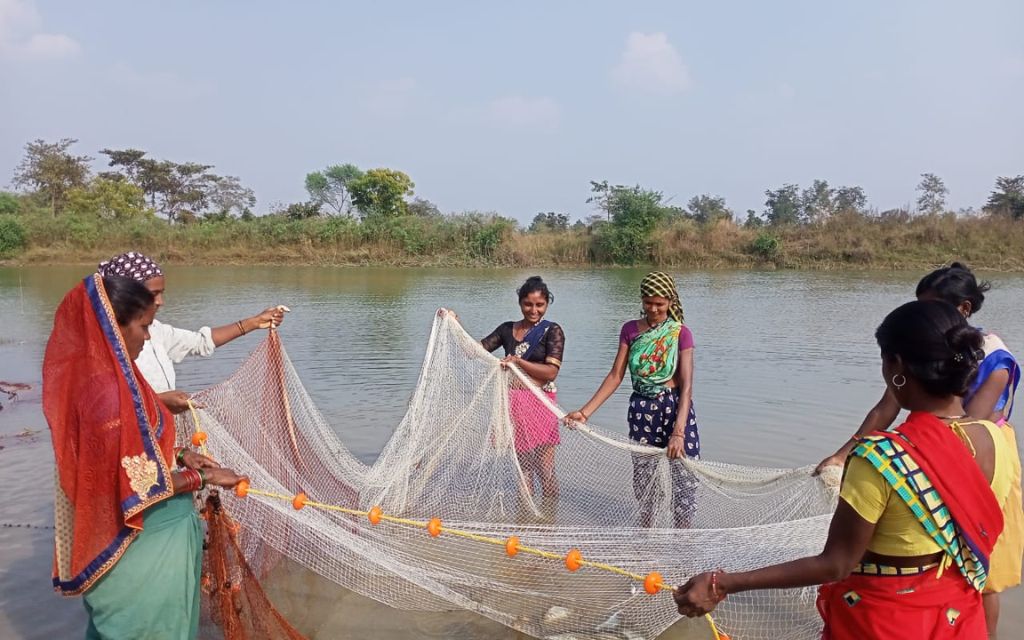
In 2021, a group of women from Bortola and Sawartola villages in eastern Maharashtra leased a pond in Bortola from the gram panchayat to start fishing. Although we belong to the Dhivar community of freshwater fishers, traditionally only the men have fished. But during the COVID-19 pandemic, when women had to leave the village to work in brick kilns, we also started to consider fishing as a livelihood.
The pond in Bortola had been abandoned for four or five years. The men in the community had tried fishing there but found nothing. But when we took over, the pond started thriving. Everyone wondered how we did it. Pond restoration was the answer.
When we started our work, Foundation for Economic and Ecological Development (FEED) taught us the importance of maintaining the biodiversity of the pond and showed us how to restore it. Thorny bushes and invasive plants had choked the pond, so our first task was to weed these out while the pond was dry. We then had the pond bed ploughed with a tractor and planted aquatic plants that make for good fish food and create a healthy pond ecosystem. We also added supplements such as cow dung, superphosphates, and urea to the soil. This is how we prepared the pond for the fish.
When the rains came and the pond water changed from muddy brown to green (due to the plankton), we knew it was time to add the fish seeds (fertilised fish eggs). We cultivated Indian major carps such as rohu, catla, and mrigal.
We shared the responsibility of feeding the fish with small balls of soaked rice bran and mustard oil cake. The fish began to thrive, not only due to these supplements and the plants we had grown but also because new native plants started to appear after the rains. We noticed new species of fish in the pond as well.
Maintaining the pond’s health also meant managing the water level. In the beginning, farmers would draw water from the pond to irrigate their fields, causing the water level to drop. So, we worked with the panchayat to establish rules on how much water could be drawn by farmers.
Meanwhile, the fish had started to grow. To determine if they were growing well or needed more nutrients, we would catch and measure a few fish every week or so. If their weight was low, we’d add more nutrients to the water. In the first year, the fish grew to an adult size of 500 g. Due to our maintenance of the ponds and the fish, they grew to 2 kg in the second year and 3 kg in the third. We were taught how to fish by FEED as well as the men of our community. Initially, we were afraid because it meant wading chest-deep into the water, which few of us had done before. But we learned quickly.
We also took turns guarding the pond because people tend to steal growing fish, and animals too would feed on them. And so, we patrolled the periphery of the pond with torches and sticks from 9 pm to 1 am for three months, until the fish grew large enough to sell.
We call our group the Saras Mahila Fisheries Production Team. When we first approached the gram panchayat for the pond lease, they said, “How can women fish?” They even said that we would spoil the water if we entered the ponds. But we persisted and secured a three-year lease. We now want it extended to five years. We have worked hard to bring the pond back to life and worry that if it is handed over to others, they might ruin it. Then all our efforts would go down the drain.
Vaishali Meshram and Sarita Dudhram Meshram are a part of the Saras Mahila Fisheries Production Team, which initiates women into pond revitalisation and fish production.
—
Know more: Read this article to learn about the women managers of a local irrigation system in Spiti Valley.
